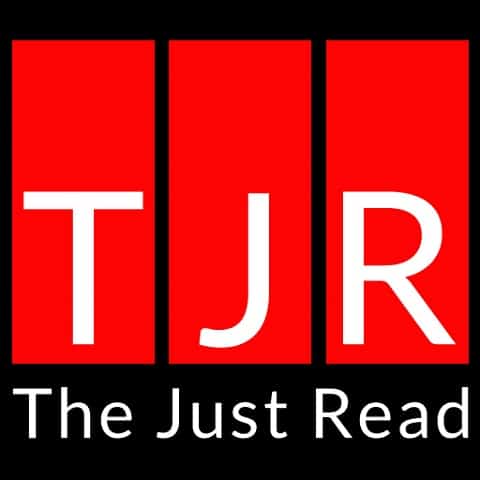There are four types of sentences that perform different functions. Declarative sentences are used more than other sentence types as they tell us facts. On the other hand, interrogative sentences request facts or information.
When teaching students how to make and identify declarative and interrogative sentences, we should highlight the difference in ending punctuation marks and word order. Additionally, declarative sentences state facts in complete thoughts, while interrogative sentences ask questions.
You can also manipulate the word order of a declarative sentence to turn it into an interrogative sentence and vice versa. But before we do that, let's find out more about each of these two sentences and how to identify them.
Teaching Different Sentences: Declarative And Interrogative
Declarative and Interrogative sentences are two of the four types of English sentences. The other two are exclamatory (expressing emotion) and imperative (giving an order) sentences, but they will not be discussed in detail in this article.
Declarative Sentences
A declarative sentence states a fact or tells us a complete thought. The first word of a declarative sentence is capitalized, and the final punctuation mark is a period. The most commonly used sentences in English are declarative.
When saying an English declarative sentence aloud, it ends with a drop in pitch and a slower pace, or "terminal fall," as linguists call it.
Interrogative Sentences
An interrogative sentence asks a question. The word "interrogate" is usually synonymous with police questioning a suspect. The first word of an interrogative sentence will be capitalized, and the final punctuation mark will be a question mark.
Interrogative questions with closed-ended answers (yes or no) usually finish with a rise in pitch. Open-ended questions that start with where, who, why, how, what, and when typically end with a fall in pitch.
Declarative sentences usually start with a noun, adjective, or article. Interrogative sentences typically start with verbs, such as the following:
Examples Of Verbs For Starting Interrogative Sentences | |||
|---|---|---|---|
am | are | could | do |
does | how | should | when |
where | who | why | would |
Changing A Sentence From Declarative To Interrogative
By changing the word order, you can manipulate a declarative sentence into an interrogative sentence. You usually have to find the verb from a declarative sentence and use it to start your interrogative sentence. Then, the period at the end of the sentence should be replaced with a question mark.
Declarative Sentences With A Linking Verb
If the verb is a linking verb, such as "is," "am," or "are," you can start the interrogative sentence with the linking verb.
Example 1 (with the linking verb "is")
- Declarative: The 4th of July is a public holiday.
- Interrogative: Is the 4th of July a public holiday?
Example 2 (with the linking verb "am")
- Declarative: I am going to remember this.
- Interrogative: Am I going to remember this?
Example 3 (with the linking verb "are")
- Declarative: They are going to the beach.
- Interrogative: Are they going to the beach?
Declarative Sentences Without A Linking Verb
Suppose the declarative sentence does not contain a linking verb. In that case, you can add a verb such as "do" or "does" to allow your interrogative sentence to make sense.
To create a subject-verb agreement, we should follow this rule: If the verb ends with an "s," then we must use "does." If the verb does not finish with an "s," we use "do" instead.
Example 1 (a verb that doesn't end with an "s" → add "do")
- Declarative: Her children want to go to the beach.
- Interrogative: Do her children want to go to the beach?
Example 2 (a verb that ends with an "s" → add "does")
- Declarative: Alexa plays the piano.
- Interrogative: Does Alexa play the piano?
What's Included In Our Declarative & Interrogative Sentences Lesson Slides?
A complete lesson for Teaching "Declarative & Interrogative Sentences." These Powerpoint slides are designed for teaching primary grades.
Learning Objective
Students will be able to:
- recall the definition of declarative and interrogative sentences
- differentiate between a declarative and an interrogative sentence
Related: Complete Lesson: Author’s Purpose
You can watch this preview before downloading the lesson Powerpoint slides.
Download ppt Slides For This Lesson
Editable Lesson Slides included
We hope these lesson slides are helpful for you in delivering the lesson to your students. You can also check our other Lessons in Teachers Resources.
Please feel free to contact us directly if you need any specific lessons.
